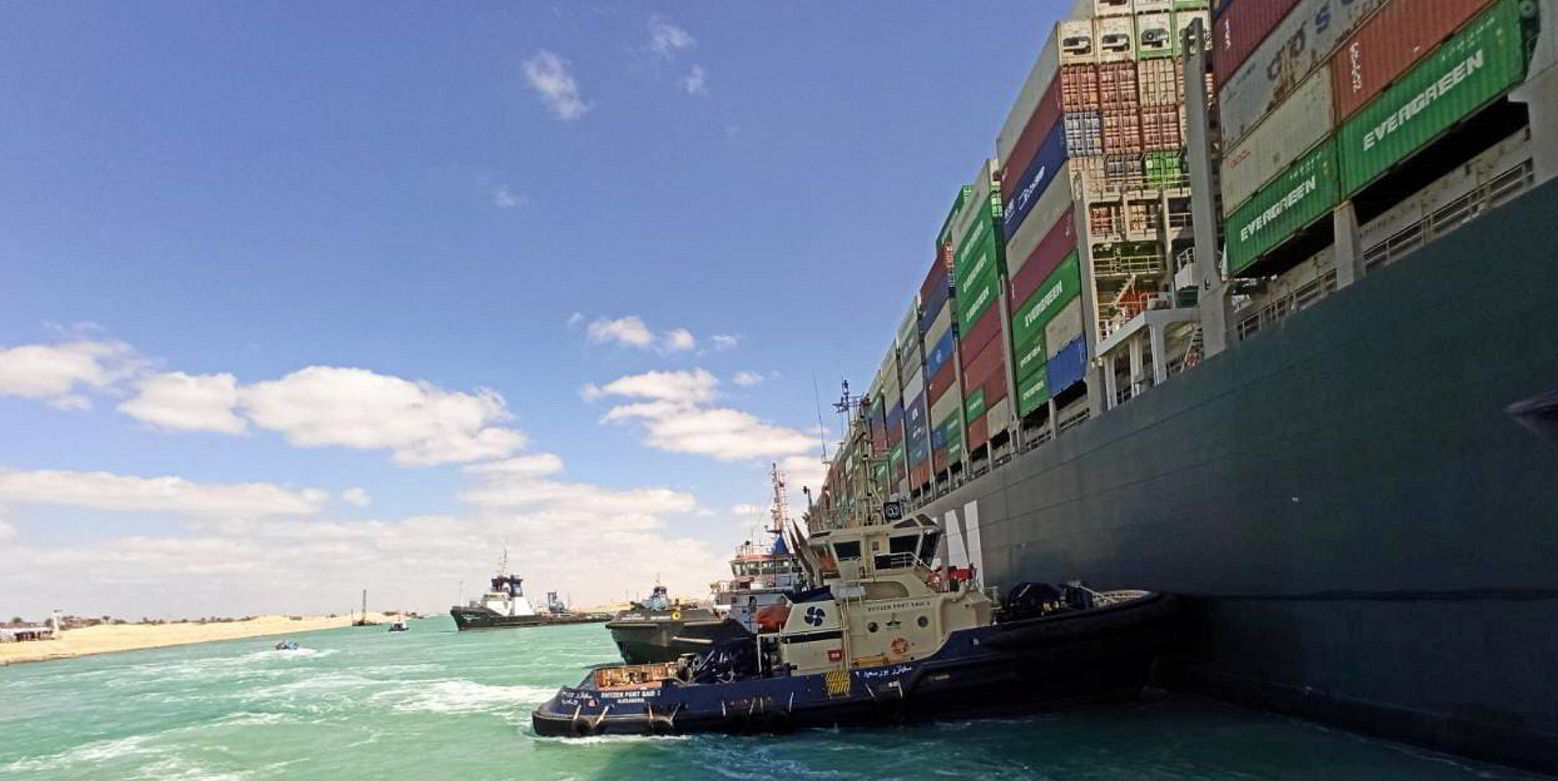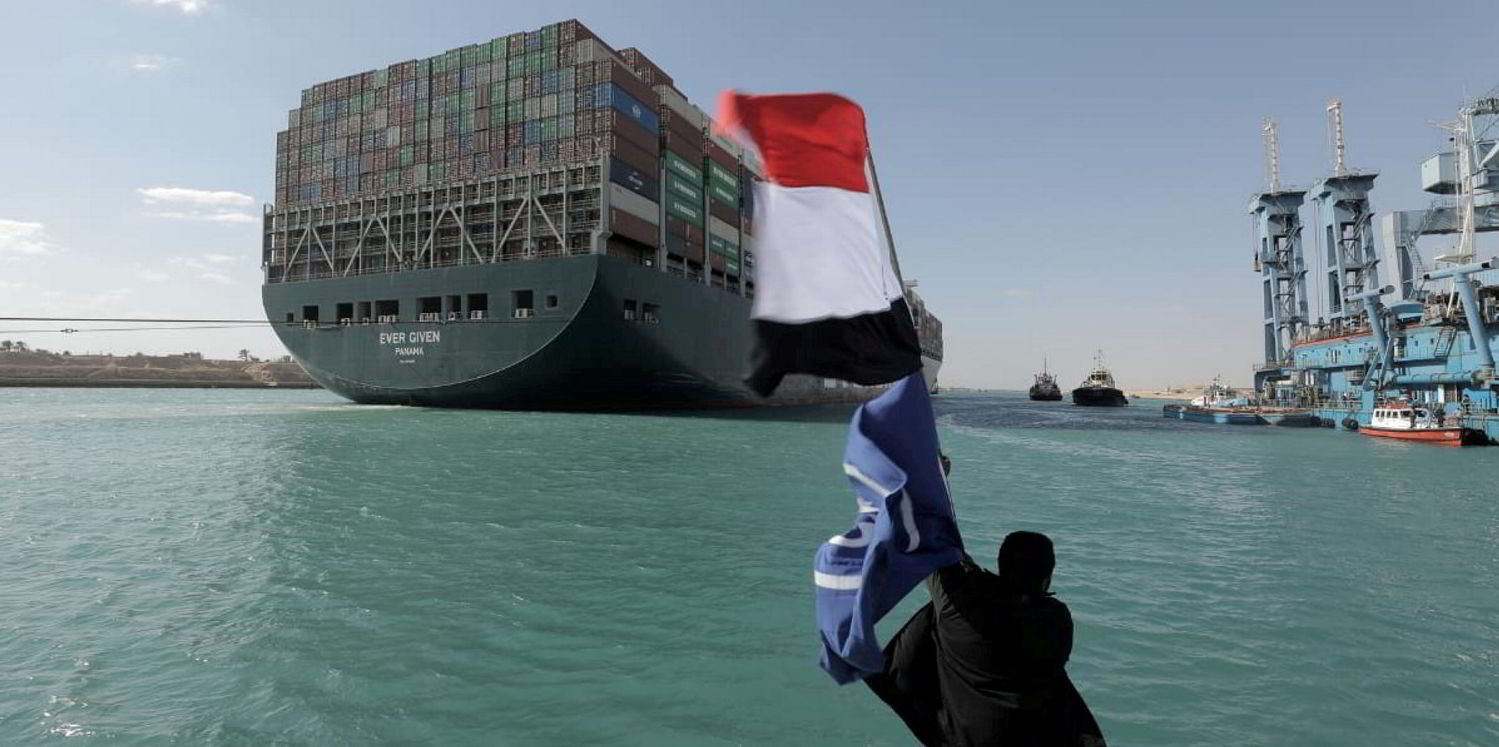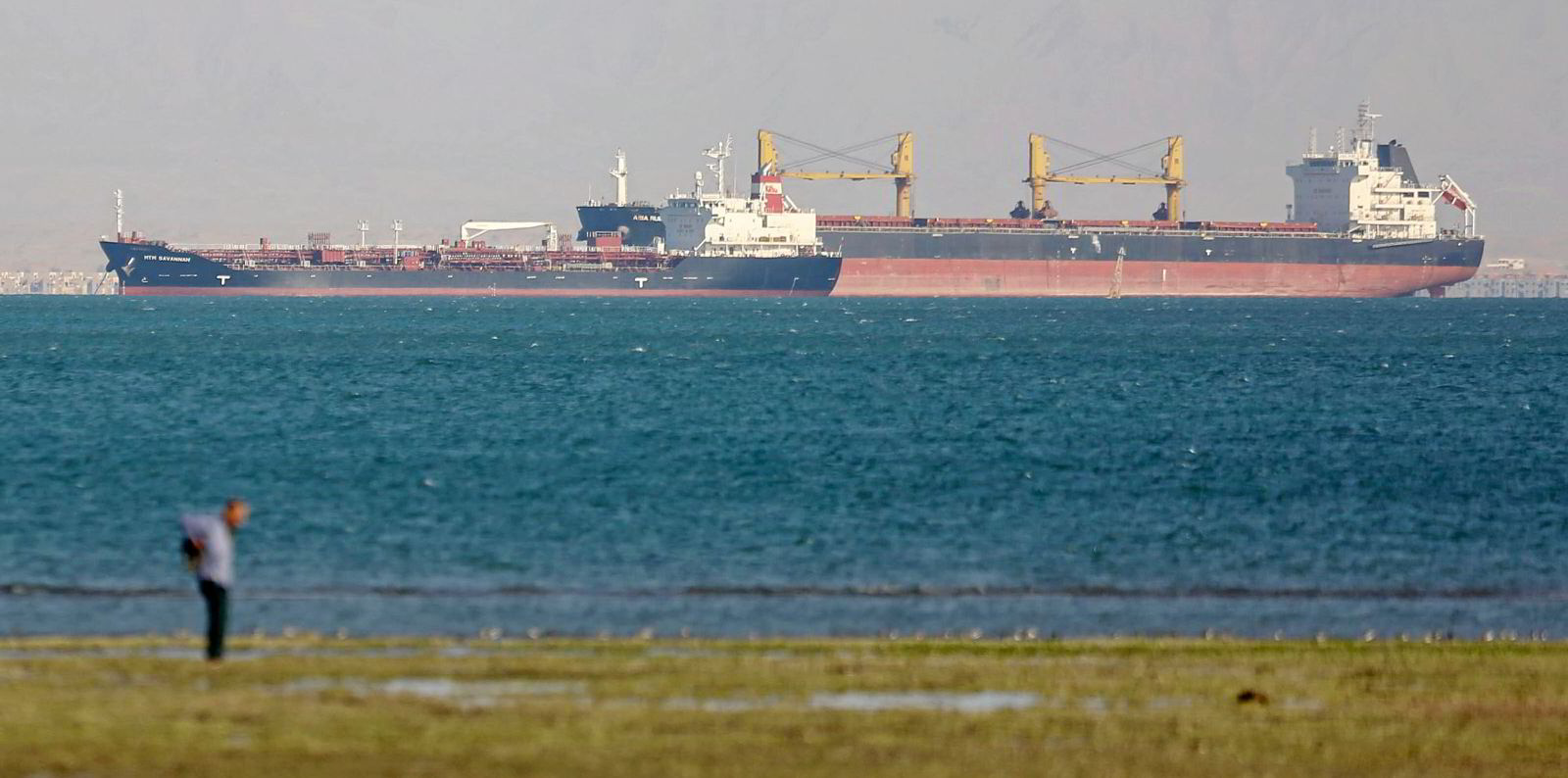Union bosses have warned that some unscrupulous shipowners may seek to recoup the extra costs of diverting vessels away from the Suez Canal.
This could mean delaying crew changes as ships head around the Cape of Good Hope after the 20,388-teu Ever Given (built 2018) caused a huge vessel jam following its grounding in the canal on 23 March.
International Transport Workers' Federation (ITF) general secretary Stephen Cotton welcomed the refloating of the giant boxship and praised the seafarers involved in the effort.
"Rounding the Cape of Good Hope would have been a disaster for shipping companies and seafarers," he said.
"It's already difficult to get crews changed as it is, and many companies are resisting due to quarantine charges and the current high cost of flights."
But he warned that the delays caused for hundreds of vessels by the grounding will translate into pressure on seafarers to make up for lost time.
"And some companies will try deferring crew change to recoup the costs caused by the delay," he said.
Seafarers have had to deal with a lot in the past year, Cotton pointed out, from being denied shore leave and medical assistance due to closed borders, through to the crew change crisis.
The last thing they need is to add weeks to their journeys and time on board.
The ITF confirmed that the Indian crew of the Panama-flag Ever Given were not yet over-contract, and all have been on board for less than six months.
Don't rush to judgement

David Heindel, chair of the ITF seafarers' section, said a full investigation is needed to examine whether crew fatigue or other issues were a factor in the events surrounding the stranding.
"Let's not rush to judgement until all the facts are laid bare. An open and transparent investigation into the circumstances surrounding this event should be conducted, drawing on necessary input and expertise from the crew and their unions," he added.
Lessons to be learned
Heindel said the industry needs to learn any lessons that emerge from the incident.
"Too often, seafarers are unfairly blamed for incidents at sea. When proper investigations are conducted, we are able to stand back and see the systematic factors which drive bad outcomes," he said.
The ITF believes the ship ran aground due to high winds.
"My hope is that this highly publicised event at the world's busiest waterway can give everyone an opportunity to see what tremendous sacrifice seafarers make on a daily basis. The crew change crisis is still happening," Heindel said.
The ITF paid tribute to the tireless efforts of tug crews who helped free the vessel.
It believes the operation has shown the importance of these often-overlooked components of the world fleet.
The union expressed its solidarity with the seafarers, including those on ships held up during the crisis.
"Seafarers have been expected to keep the world moving during this pandemic by getting all of us the supplies, food and medicines we need, and then they have had this major blockage to add to their worries," Cotton said.







